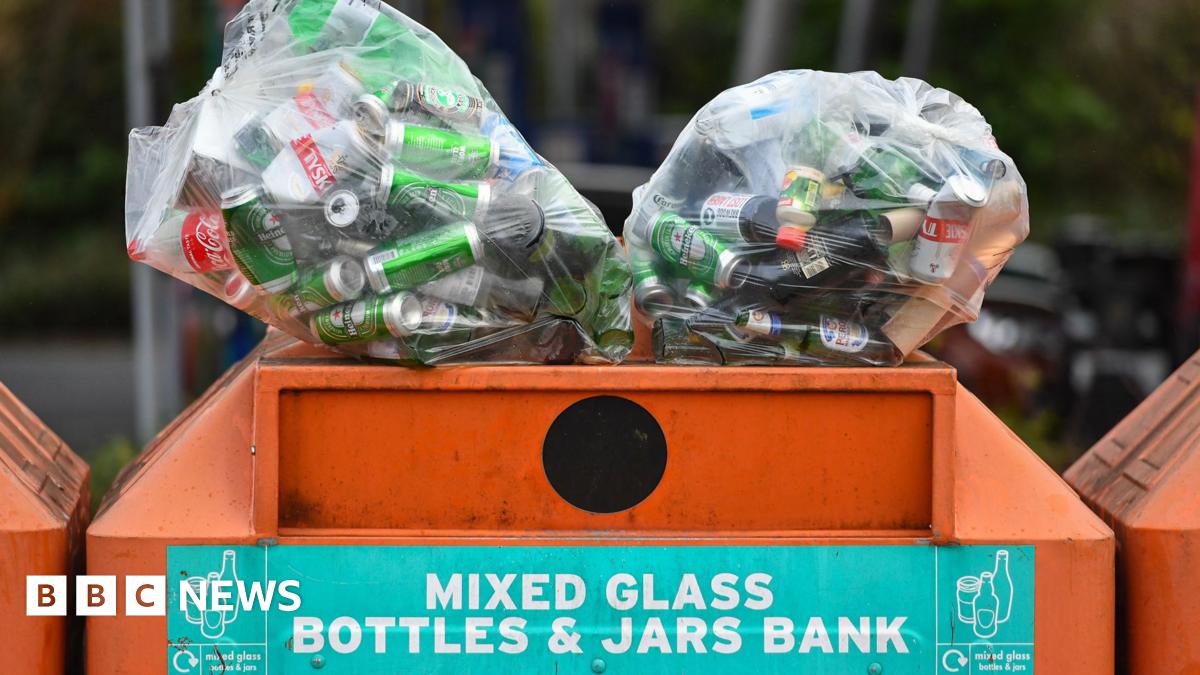Mr Ellis added that the council did not anticipate the new system having any impact on fly-tipping, and claimed the issue was primarily driven by smaller traders offering low-cost clearance services.
He said councillors were doing bulky waste collections to try to reduce it.
As part of a nationwide scheme to target fly-tipping hotspots, the authority was given just under £50,000 by the Department for Environment, Food and Rural Affairs, which has been spent on CCTV cameras and campaigns.
Adrian Chapman, executive director of place and economy at the authority, said the number of detections of fly-tipping had increased.
“We still struggle a little bit with the level of judicial response if we take cases to court, and that’s something we are determined to try and change,” he said.
Within the budget proposals, an increase in the maximum fine – currently set at £400 – would be recommended, he added.
“It feels like we’re getting a real grip on this.”
Source link
